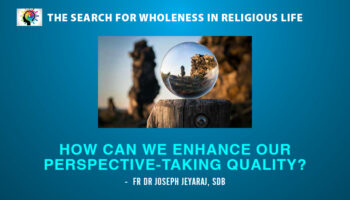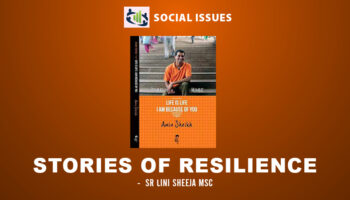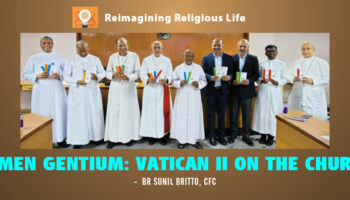I am Sister Zaina, a young religious. In my classes on the vow of poverty, I learned that the vow of poverty implies being “poor in reality and in spirit”. Can you explain the canonical nuances of the vow?
The vow of poverty, as taken by religious men and women, often raises questions among people who observe them living in well-established communities, running schools, hospitals, and having access to basic necessities. To truly grasp the canonical implications of this vow, we can turn to Canon 600 of the Code of Canon Law (CIC). “The evangelical counsel of poverty in imitation of Christ who, although he was rich, was made poor for us, entails, besides a life which is poor in fact and in spirit and is to be led productively in moderation and foreign to earthly riches, a dependence and limitation in the use and disposition of goods according to the norm of the proper law of each institute”.
The vow of poverty is a voluntary choice made by every religious person, inspired by their desire to closely follow the example of Jesus, who embraced a life of simplicity and poverty. In the context of consecrated life, this canonical commitment entails two aspects: (i) living in both material and spiritual poverty, and (ii) accepting dependence and limitations in the use and control of material goods. To truly embody the essence of poverty in both reality and spirit, those who take this vow commit to living simply, foregoing personal ownership of properties and relinquishing the possession of their own salary. More than mere absence of material possessions, being “poor in spirit” indicates a profound detachment from worldly goods, reflecting their inner disposition towards the things of this world.
Sr Navya Thattil OSF
To subscribe to the magazine, click Subscribe





